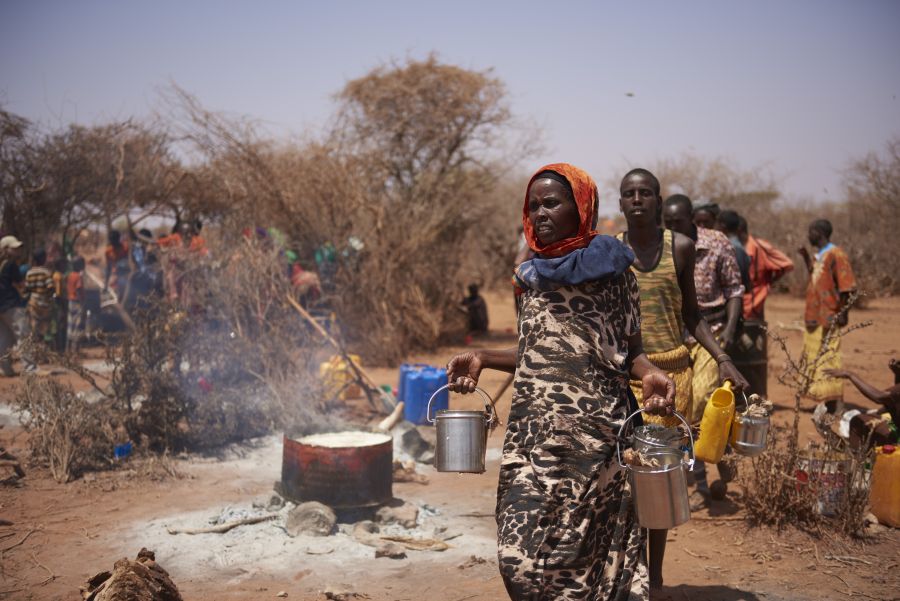The North Darfur parliament has requested the state’s Finance Minister to clarify a number of irregularities in the distribution of food items to the localities.

On Thursday, North Darfur Finance Minister Mohamed Yahya told the state Legislative Council that according to the food quotas set for each locality, 3,000 50-kilogramme sacks of sugar destined for Saraf Omra locality were handed to an agent for transportation from the capital El Fasher last month.
However the load never arrived, Saraf Omra locality representative Adam Abdallah reported. The parliament then ordered the formation of a committee to investigate the disappearance of the sugar.
Sorghum
North Darfur MPs as well criticised the state government for failing to meet the food gap facing the state and distribute provide strategic stocks of sorghum.
According to the MPs, the Ministry of Finance provided only 20,000 (100 kg) sacks to the localities since September last year, when the food gap was announced.
They condemned the sale of sorghum provided by the state for the poor on the markets for SDG 800 ($ 28,42*) a sack, and pointed to the North Darfur branch of the Sudanese Workers’ Union that provided 64,000 sacks for SDG 375 ($ 13) a sack.
Customs fees, salaries
The parliament earlier agreed on customs fees of SDG 6,000 ($ 213) per vehicle.
Food gap
According to the January 2018 Update by the Famine Early Warning Systems Network (Fews Net), North Darfur and eastern Sudan’s Kassala will face ‘crisis levels’ of food insecurity.
The food gap is attributed to the poor rains, which have led to substantial crop losses in agro-pastoral areas, and poor regeneration of pasture lands, resulting in poor grazing for livestock and reducing household milk availability. In addition, farmers in North Darfur, Kassala, and Kordofan reported in February that the lack of fuel caused large tracts of cultivated land to dry up as irrigation pumps cannot be operated.
At the end of February, the North Darfur governor called for more alms to combat the food insecurity in the state. The food gap grew about 10 per cent since February 2017, from 157,000 tons to 190,000 tons.

